Having an online presence is essential in the modern business world.
Companies with tested, effective digital strategies put themselves at a significant advantage in a range of areas, particularly when it comes to lead generation, customer engagement, and recurring sales.
Your company may offer superlative products and services. But if your website is hidden in search results – to the point that consumers can’t find you online – it is, for all intents and purposes, as though you don’t exist.
The Content Quest is here to solve that problem through search engine optimization (SEO).
What Is Search Engine Optimization?
Search Engine Optimization, or SEO, is the process of increasing the visibility of your website in organic search results. The term “organic” is used here to distinguish from paid search results.
Major search engines, like Google, Bing, and Yahoo, rank websites based on specific parameters. Website owners incur no cost during this process.
By optimizing your website and boosting your rankings in search engine results, you will gain greater visibility and visitor traffic to your website will increase.

What You Need To Know About SEO
If your website currently ranks poorly in search engine results, we’ve got some good news. You can increase your page rankings by implementing a tailored, tested search engine optimization (SEO) strategy.
The most important aspect of SEO is understanding ranking factors. Ranking factors, which are the parameters that search engines use to “judge” websites, include keyword density, content quality, engagement, brand recognition, domain authority, and more.
Here’s a short overview of the stages involved in implementing an SEO strategy:
Auditing Your Website
First, your website will undergo what’s called an “audit.” The purpose of an audit is to ascertain your current rankings, understand your website’s analytics, and identify keyword opportunities.
Crawling and Indexing
Ranking
While every search engine is different, the vast majority have three main ranking factors in common: keywords, content, and links.
During this stage of your SEO strategy, you will work to increase the quality of all ranking factors, with an emphasis on the three mentioned above.
It is generally accepted that search engines place most weight on keywords and content during the ranking process. Because of this, it’s imperative for you to know which keywords are in the highest demand within your market. You can then incorporate these keywords into high-quality content on your website.
In conjunction with other promotional activities, your website’s content will naturally attract links from other websites. Search engines rely on link analysis algorithms that evaluate the sources, number, and anchor texts of links to determine the relevance of your site’s pages in search queries.
Accelerated Mobile Performance and Mobile Optimization
Search engines have increasingly started to develop mobile crawlers that rank web pages for mobile-only indexes. As such, having a mobile-optimized website will improve your overall rankings.
Google also displays a carousel of search results that showcases web pages that have implemented what is called Accelerated Mobile Performance (AMP). AMP is a fast-loading HTML infrastructure, and while it is not yet a ranking factor, adding AMP to your website will likely result in greater visibility on Google’s carousel.





